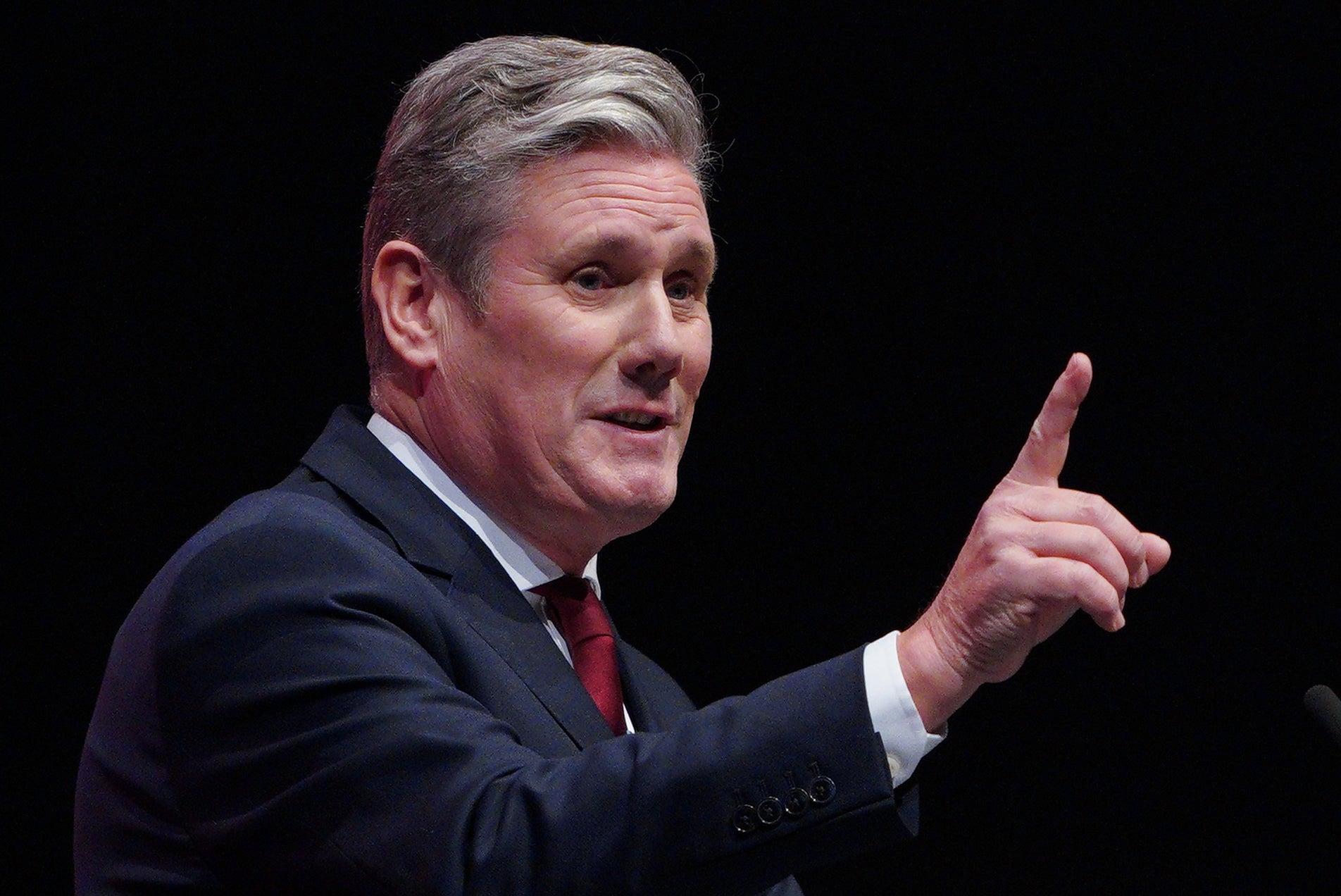Who to promote in a Labour shadow cabinet reshuffle?
If there is to be a Labour government, it will be in Keir Starmer’s image, says Sean O’Grady


Here’s a new year quiz. Can you name the shadow secretary of state for Defra; International Development (technically shadow minister); Northern Ireland; Transport; International Trade?
The answers are: Jim McMahon; Preet Kaur Gill; Peter Kyle; Louise Haigh; Nick Thomas-Symonds. They’ve been picked because they’ve been named in the media alongside apparently well-sourced reports about a shadow cabinet reshuffle. Apparently Keir Starmer isn’t content with the way all of his shadow front bench are performing, particularly in the lower ranks – though the names here haven’t been marked out, it’s merely informed speculation.
The good news for Starmer and Labour is that the senior and high-profile members of the team are more than holding their own. Rachel Reeves is probably the best: smart, economically literate and prudent with it. She has been gifted with the car-crash that was Kwasi Kwarteng’s chancellorship, and the scandal of the PPE contracts, but, still, she seems to have managed to deflect the usual attacks on Labour profligacy.
Yvette Cooper, shadow home secretary, has also managed to turn around traditionally weak areas for Labour – migration, law and order – though, again, she’s been presented with the incompetent Suella Braverman, a figure who combines extreme cruelty and confusion in one neat package.
Shadow foreign secretary David Lammy and the formidable Wes Streeting are regarded as the other stars, though, oddly, Angela Rayner isn’t singled out for much praise despite her masterful performances at the despatch box. By convention, she will be deputy prime minister in a Labour cabinet. Maybe.
In any case, now that the phrase “Keir Starmer could be prime minister next year” can be uttered, the Leader of the Opposition wants no complacency in the ranks, but tough parliamentary questions and hard-hitting campaigns: Streeting’s work on the NHS is supposed to be the exemplar. For the first time in more than a decade, Labour is presenting itself realistically to the electorate as an alternative government, and the public needs to be able to look into the eyes of the men and women of the Labour front bench and conclude that they can be entrusted with the NHS, schools, pensions and national security.
Who to promote? Some more or less familiar faces, inside and presently outside parliament such as Hilary Benn, David Miliband and Douglas Alexander – old New Labour figures if that’s not an oxymoron, and designed to help counter the still 30-strong Corbynites in the Socialist Campaign Group (albeit Corbyn himself remains whipless). There are also younger talents such as Darren Jones, currently chair of the Business Select Committee who could be slotted in, and the likes of Bridget Phillipson (shadowing education) to be promoted.
If there is to be a Labour government next time round, it will be very much in Starmer’s image, not least because it was under his leadership that the party will have renewed itself from the collapse of 2019. It will also be a cabinet that will have a few survivors from the Blair and Brown governments, including the Brothers Miliband again, and one that projects a thoroughly centrist image. Aside from Rayner, arguably, there’s hardly a token lefty in the gang: in short, a group of politicians that don’t frighten the voters (but do fill some of the activists with trepidation).
In all fairness to anyone about to be reshuffled, the government itself is extremely weak and full of nonentities so there should be another quiz, to name the actual secretary of state for: Defra; International Development (technically minister); Northern Ireland; Transport; International Trade? Answers: Therese Coffey; Andrew Mitchell; Chris Newton-Harris; Mark Harper; Kemi Badenoch.
How many did you get?



Join our commenting forum
Join thought-provoking conversations, follow other Independent readers and see their replies
Comments